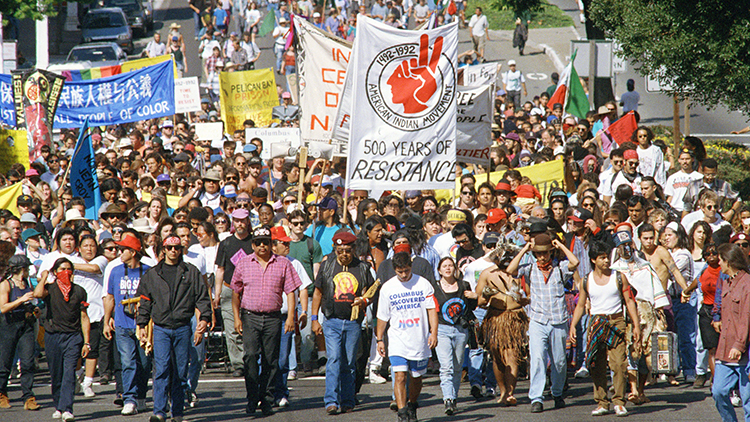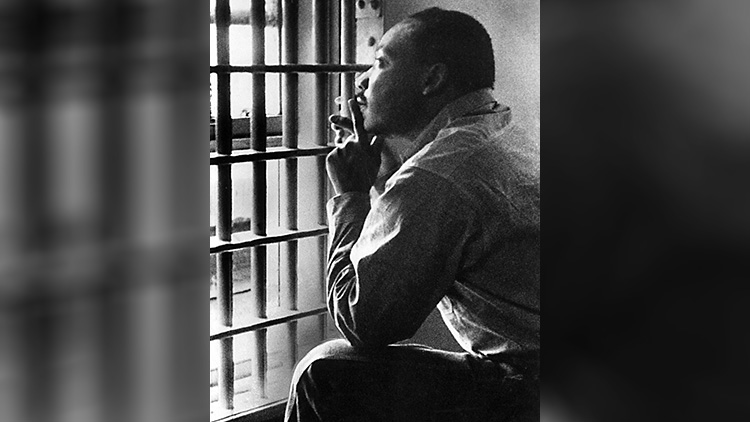
“In 1492 Columbus sailed the ocean blue. . .” This is the start of an old poem that commemorates Christopher Columbus’s first voyage to North America. In those days, people said that Columbus discovered America. However, there were already millions of Native Americans living in North America when Columbus arrived. Columbus’s arrival marked the beginning of European exploration and colonization of North America. It also marked the beginning of the end for the way of life and the cultures of millions of Native Americans.
Today, many cities and some states across the United States are changing the name and the focus of Columbus Day. Instead of honoring Christopher Columbus on the second Monday in October, these towns are celebrating the Native American cultures that existed here long before the Europeans arrived. Many communities now refer to this day as Indigenous Peoples’ Day and celebrate the contributions of the Native American nations to the fabric of the United States.
Why has this changed? Many people believe that Columbus Day represents the terrible things that happened to Native Americans with the arrival of the Europeans, including enslavement and massacre. They also don’t believe Columbus should be recognized for “discovering” a place and people that were already here.
Berkeley, California, was the first city to recognize the contributions of indigenous peoples on October 12, 1992. The city declared that day as a “Day of Solidarity with Indigenous Peoples.” Schools and museums had programs that celebrated Native American culture. That year also happened to mark the 500th anniversary of Columbus’s arrival on the island we now call Haiti. Since then, Indigenous Peoples’ Day has replaced Columbus Day in many places in the United States. Parades, powwows, and other festivities provide a way for us to recognize the important contributions of the many Native American nations that existed before the arrival of Christopher Columbus.
What Do You Think? Why is it important to celebrate the various Native American nations that were here before the arrival of the Europeans?
Photo Credit: Paul Sakuma/AP Images



